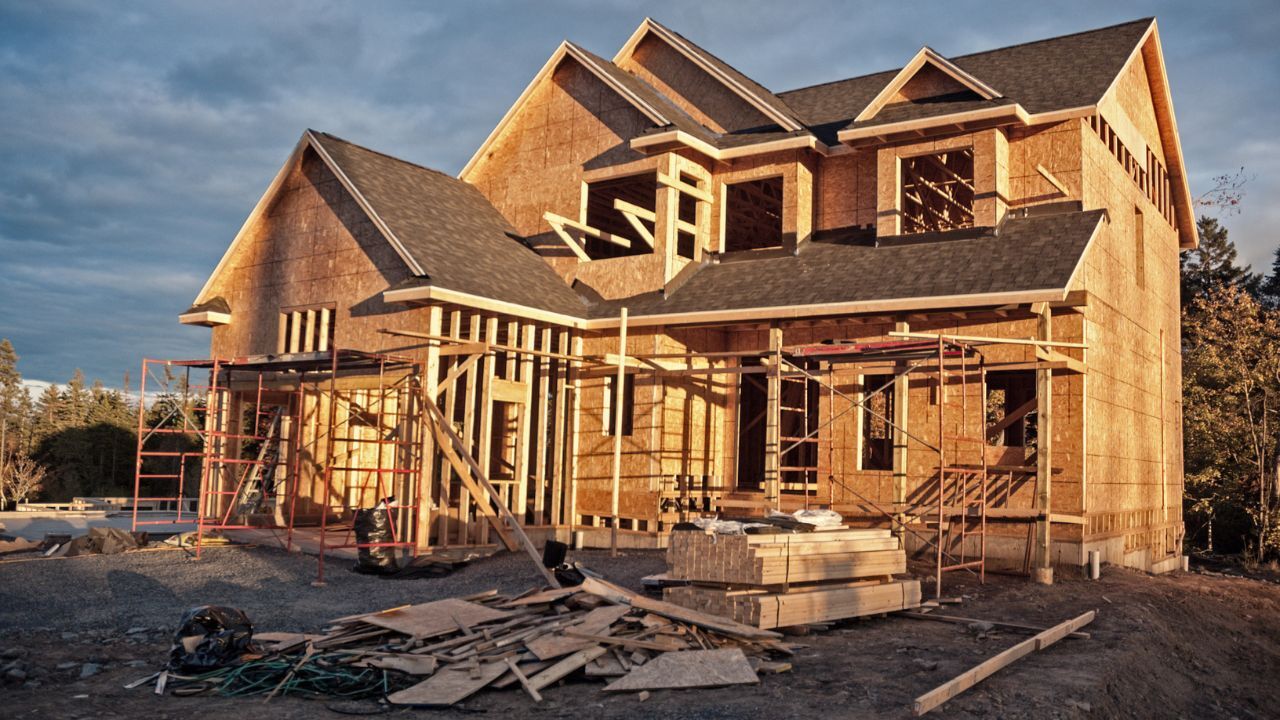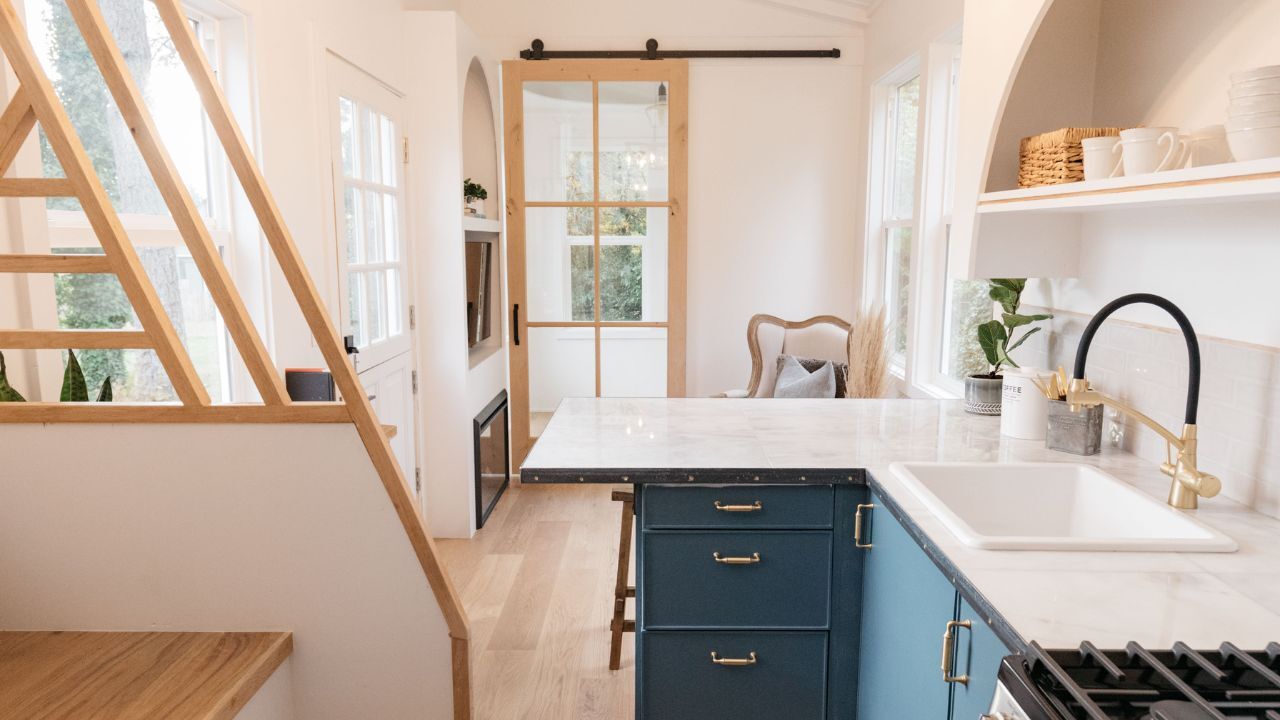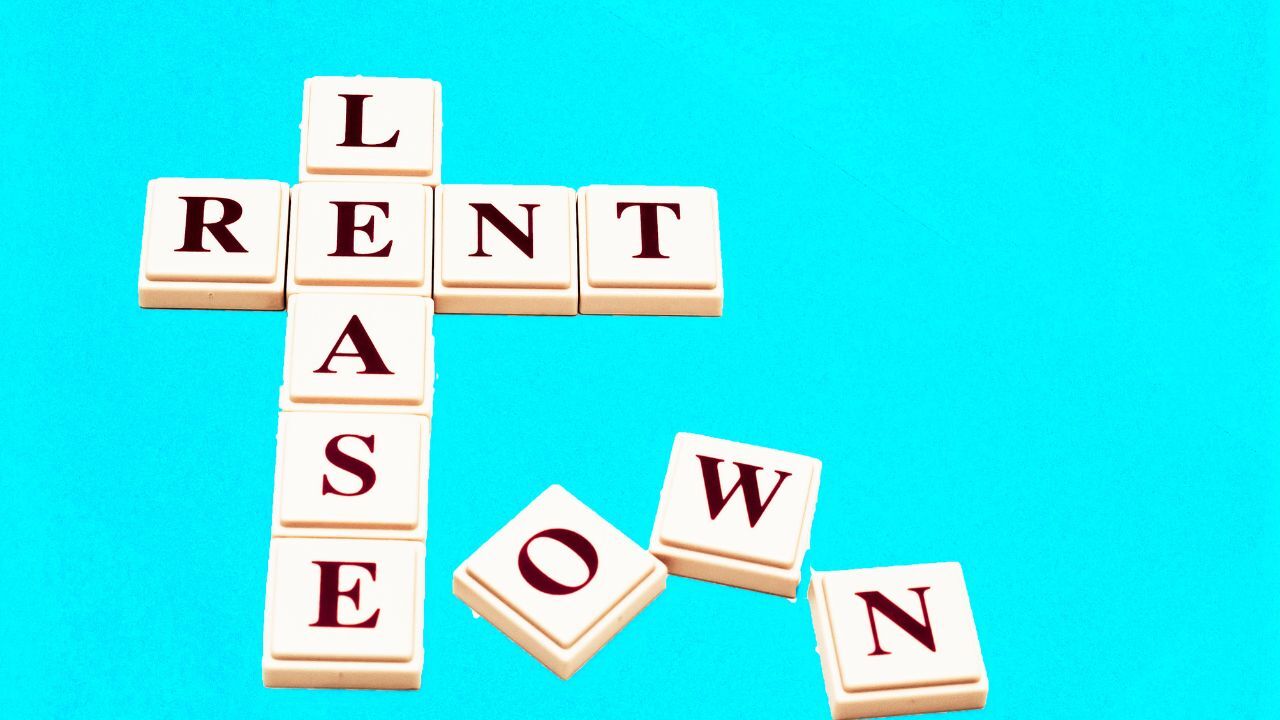 Buying a newly built home can feel exciting and fresh, but there are unique considerations that many buyers overlook. Understanding the nuances of new construction ensures you make informed decisions, avoid surprises, and protect your investment throughout the building and buying process.
Buying a newly built home can feel exciting and fresh, but there are unique considerations that many buyers overlook. Understanding the nuances of new construction ensures you make informed decisions, avoid surprises, and protect your investment throughout the building and buying process.
Upgrades Can Add Up Quickly
Builders often advertise base models at an attractive price, but upgrades like flooring, countertops, appliances, and smart home features can quickly increase the total cost. Buyers should budget for these optional features and consider which upgrades are essential versus cosmetic.
Construction Timelines Are Flexible
Unlike purchasing an existing home, construction timelines can change due to weather, supply delays, or contractor schedules. Buyers should be prepared for potential delays and avoid scheduling moving plans too tightly around a projected completion date.
Inspect Before You Close
Even though it is a brand-new home, inspections are crucial. A professional inspection can catch issues with plumbing, electrical systems, roofing, or foundations before closing. Most builders offer warranties, but catching problems early prevents costly repairs later.
Understand HOA and Community Rules
Many new developments have homeowners associations with rules on landscaping, exterior colors, and amenities. Buyers should review HOA regulations, fees, and long-term responsibilities to ensure the community fits their lifestyle and budget.
Financing and Incentives
Builders may offer incentives like closing cost assistance or favorable mortgage rates through preferred lenders. While attractive, buyers should compare these offers with independent lenders to ensure they are truly getting the best deal.
Hidden Costs Beyond the Sale Price
Taxes, insurance, utility setup, and landscaping are often overlooked when budgeting for a new construction home. Factoring these additional costs ensures buyers have a realistic understanding of monthly and upfront expenses.
By being aware of upgrades, timelines, inspections, community rules, financing options, and hidden costs, buyers can approach a new construction purchase with confidence. Planning carefully helps ensure that your dream home truly meets your expectations and financial goals.
 Selling a home in today’s market is about more than location and curb appeal. Smart home technology can significantly impact how quickly a property sells and at what price. Buyers increasingly value convenience, energy efficiency, and connectivity, making smart features a selling point that can set your home apart from others on the market.
Selling a home in today’s market is about more than location and curb appeal. Smart home technology can significantly impact how quickly a property sells and at what price. Buyers increasingly value convenience, energy efficiency, and connectivity, making smart features a selling point that can set your home apart from others on the market. Choosing where to buy a home is as important as selecting the property itself. Master-planned communities offer a thoughtfully designed living experience, with a focus on amenities, safety, and long-term value. These communities can provide homeowners with lifestyle advantages, convenience, and a sense of belonging that may not be found in traditional neighborhoods.
Choosing where to buy a home is as important as selecting the property itself. Master-planned communities offer a thoughtfully designed living experience, with a focus on amenities, safety, and long-term value. These communities can provide homeowners with lifestyle advantages, convenience, and a sense of belonging that may not be found in traditional neighborhoods. Tiny homes are more than just a trend; they represent a lifestyle choice that prioritizes efficiency, affordability, and sustainability. For many buyers, these smaller spaces provide a way to own a home without the financial burden of a traditional property. Understanding why people are choosing tiny homes, how to finance them, and ways to customize them can help you decide if this approach fits your lifestyle and goals.
Tiny homes are more than just a trend; they represent a lifestyle choice that prioritizes efficiency, affordability, and sustainability. For many buyers, these smaller spaces provide a way to own a home without the financial burden of a traditional property. Understanding why people are choosing tiny homes, how to finance them, and ways to customize them can help you decide if this approach fits your lifestyle and goals. House hunting can be exciting, but it can also be frustrating when you cannot find a home that meets your needs, budget, or lifestyle. Many buyers feel stuck, unsure whether to settle, wait, or consider alternative solutions. Understanding creative options can help you navigate a competitive market while still finding a home that works for you.
House hunting can be exciting, but it can also be frustrating when you cannot find a home that meets your needs, budget, or lifestyle. Many buyers feel stuck, unsure whether to settle, wait, or consider alternative solutions. Understanding creative options can help you navigate a competitive market while still finding a home that works for you. In today’s competitive real estate market, making a strong offer on a home can feel like walking a fine line. You want to stand out from other buyers, but you also want to avoid overpaying and stretching your budget too far. With the right strategies and guidance, it is possible to write an offer that is both competitive and smart.
In today’s competitive real estate market, making a strong offer on a home can feel like walking a fine line. You want to stand out from other buyers, but you also want to avoid overpaying and stretching your budget too far. With the right strategies and guidance, it is possible to write an offer that is both competitive and smart. Moving day can be exciting, but it often comes with a lot of stress and unexpected challenges. Whether you are moving across town or to a new city, careful planning and organization are key to keeping the day running smoothly. With the right approach, you can reduce anxiety and make your move a positive experience.
Moving day can be exciting, but it often comes with a lot of stress and unexpected challenges. Whether you are moving across town or to a new city, careful planning and organization are key to keeping the day running smoothly. With the right approach, you can reduce anxiety and make your move a positive experience. Searching for the perfect home can be frustrating when nothing seems to check all your boxes. Whether it is location, price, size, or style, the market may not always have exactly what you want at the moment. The good news is there are creative strategies you can explore to find a home that works for you, even if it is not exactly what you initially imagined.
Searching for the perfect home can be frustrating when nothing seems to check all your boxes. Whether it is location, price, size, or style, the market may not always have exactly what you want at the moment. The good news is there are creative strategies you can explore to find a home that works for you, even if it is not exactly what you initially imagined. Investing in real estate is often seen as a venture for those with significant capital, but that’s not always the case. Even with a limited budget, there are still opportunities to enter the real estate market and start building wealth. Whether you’re looking for passive income or long-term gains, here are some strategies to consider for investing in real estate on a budget.
Investing in real estate is often seen as a venture for those with significant capital, but that’s not always the case. Even with a limited budget, there are still opportunities to enter the real estate market and start building wealth. Whether you’re looking for passive income or long-term gains, here are some strategies to consider for investing in real estate on a budget. When buying a home, many factors need to be considered, and one that may not always come to mind right away is the driveway. If you’re looking at a property with a shared driveway, it’s important to understand how this shared space can affect your experience as a homeowner. While a shared driveway can be an attractive feature in some situations, it can also present challenges. Here are some tips to keep in mind when buying a home with a shared driveway.
When buying a home, many factors need to be considered, and one that may not always come to mind right away is the driveway. If you’re looking at a property with a shared driveway, it’s important to understand how this shared space can affect your experience as a homeowner. While a shared driveway can be an attractive feature in some situations, it can also present challenges. Here are some tips to keep in mind when buying a home with a shared driveway.